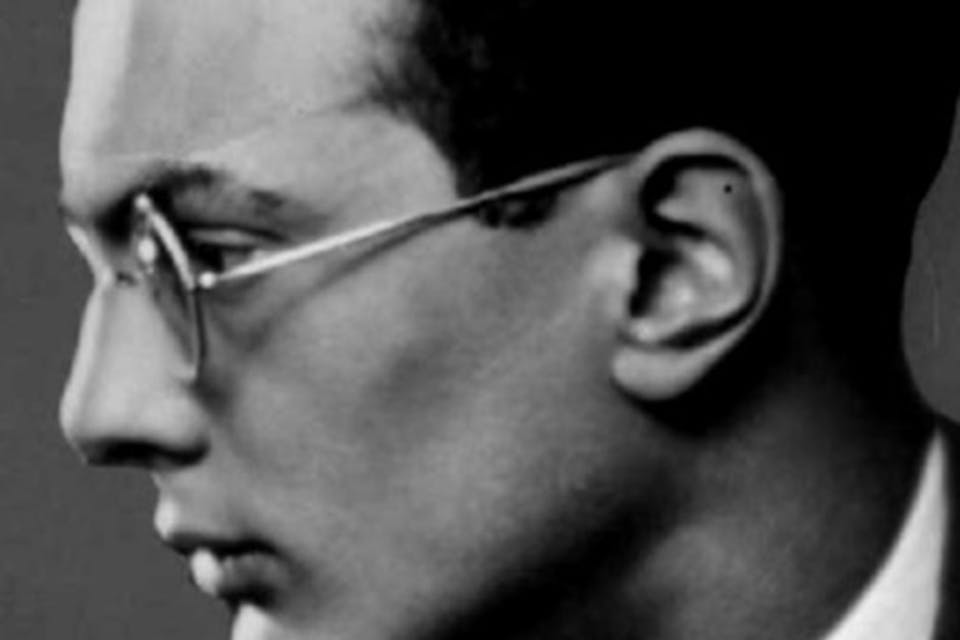
December 3, 2015
The Rediscovery of a Great Jewish Composer
Jerzy Fitelberg was a favorite of Aaron Copland and Arthur Rubinstein. Then he was lost to history. Now, sixty years after his death, his music is being played again.
Music that survives only in its written form requires an intermediary, sometimes hundreds of intermediaries, in order to bring it to life. This is one way in which music differs from other arts: no performer, interpreter, or outside actor is needed to experience a novel or a poem, a sculpture or a painting. But the fact that we experience musical pieces through hearing them in time is the source not only of their mysterious power over us but—when they have the misfortune to exist only in the complicated and inexact notation used to write them down—of their potential to be overlooked and lost. A major art gallery will have a keen sense of the extent and quality of its holdings whether or not they are on exhibit at any given moment; by contrast, a national music library or archive can possess the entire corpus of a forgotten composer and have absolutely no idea of its artistic worth.
My work with the ARC Ensemble, a group of chamber musicians based at Canada’s Royal Conservatory of Music, involves finding and assessing music that fell off the map in the wake of World War II and/or was out of sync with the atonalist avant-garde that followed. Seventy years after war’s end, thousands of works remain unexplored, many hiding in plain sight in libraries around the world.
Such is the fate of the Polish-American composer Jerzy (George) Fitelberg, whom I first encountered through his surviving cousin Gary. An unlikely spokesman, Gary, who lives in Los Angeles, was unfamiliar with most of his cousin’s work and had also lost a substantial collection of his manuscripts in a house fire. But he was intent on interesting the ARC Ensemble in Jerzy’s legacy. Spurred by his enthusiasm, I set out to find out what I could.